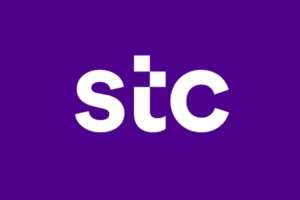Today, the FCC adopted a Notice of Proposed Rulemaking to implement Section 716 of the 21st Century Communications and Video Accessibility Act. Section 716 requires providers and equipment manufacturers to make “advanced communications services” accessible to and usable by persons with disabilities. The Act defines “advanced communications services” to include both interconnected and non-interconnected VoIP (eg, Vonage and other over-the-top VoIP services), electronic messaging serfvices (text messaging), and “interoperable video conferencing services.” Section 716 is intended to complement the existing accessibility obligations of telecommunications and interconnected VoIP providers under Section 255 of the Communications Act, however, the new Accessibility Act broadens the scope of covered entities and imposes a stricter standard for compliance.
While Section 716 established the general accessibility obligations for service providers and equipment manufacturers, the NPRM sheds light on certain issues that were not so clear under the statutory language. For example, the NPRM proposes that non-interconnected VoIP includes any service offerings with a “purely incidental VoIP component” thus potentially capturing gaming consoles and other services that some commentors have argued should not be regulated since the “core” functions do not involve VoIP. In addition, the NPRM explains that the statutory definition of “interoperable video conferencing services” includes more recent video chat services (Skype, Google Video Chat) and related equipment (iPhone, Droid).
Network providers, even those that do not directly offer advanced communications (and thus would not be directly regulated under Section 716) are nevertheless subject to the law because Section 716 prohibits network providers from impairing or impeding the accessibility of information incorporated into transmissions, ie, networks must ensure that closed captioning and other accessibility features are passed through when transitioned from one medium to another.
The NPRM does recognize, however, that Section 716 provides that services subject to Section 255 as of October 7, 2010, are not subject to Section 716. The FCC seeks comment on whether this means interconnected VoIP and equipment will remain subject to Section 255 only, and requests further comment on how to treat hybrid devices that allow the use of both Section 255 and Section 716 services.
Per Section 716, the NPRM has also proposed new recordkeeping obligations that affect both providers subject to Section 716 as well as those regulated under Section 255 of the Communications Act (accessibility obligations for telecommunications carriers and interconnected VoIP). These new recordkeeping obligations will take effect one year after the FCC’s new rules are adopted as final.
Comments are due 30 days from when the NPRM is published in the Federal Register. The rules must be finalized by October 8, 2011.
May 18, 2025











